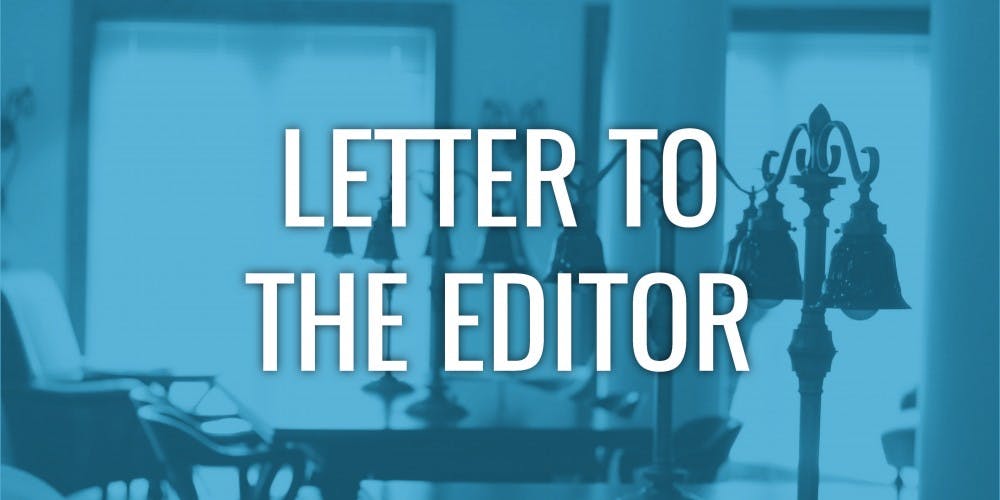As organizers of Elon University's recent panel discussion on Charlottesville, we write first to express our belief that student journalism and the freedom of student expression are critical to Elon’s commitment to experiential learning and to an informed campus. We wish, moreover, to respond to your recent editorial regarding student media access to the event.
We want to provide some additional information and clear up what we believe to be a set of misunderstandings. What transpired at the event does not signal any change in our general attitude about the important role that student media’s ability to freely cover campus events on important issues plays.
In organizing this event, our primary objective was to give Elon students the opportunity to hear directly from members of Elon’s community who had been present in Charlottesville or participated in counter-demonstrations. We expected a large crowd and considered live streaming the event to an overflow room.
For safety reasons, panelists themselves asked that no video be utilized. As organizers, our priority was to protect the safety of participants who had been the target of online attacks. We regret that student media believed there would be no reporters allowed at the event. It was well understood among panelists that we would issue only a restriction on live streaming and video recording. We did not intended to ban reporting. Indeed, there were many in attendance who posted photos and quotes via their Twitter accounts without any restrictions, and both organizers and panelists expected this
The editorial also states that there was a request to ENN to remove the names and photos of the panelists from its online coverage. We are not aware of any such request and believe ENN should be free to publish the story and photos as it sees fit.
Our planning for this event was aimed at one objective: to provide Elon students the opportunity to hear firsthand from our community members who were present at what we believe may be one of the watershed events of our era while not compromising the safety of the panelists.
In the future, we will endeavor to consult with student media prior to potentially sensitive events in order to reach agreement about the terms of coverage and ensure that we balance the needs of student journalism against the safety and desires of speakers for appropriate privacy and security.
Brian K. Pennington
Director, Center for the Study of Religion, Culture, & Society and Professor of Religious Studies
Naeemah Clark
Faculty Fellow for Civic Engagement
Associate Professor, School of Communications


